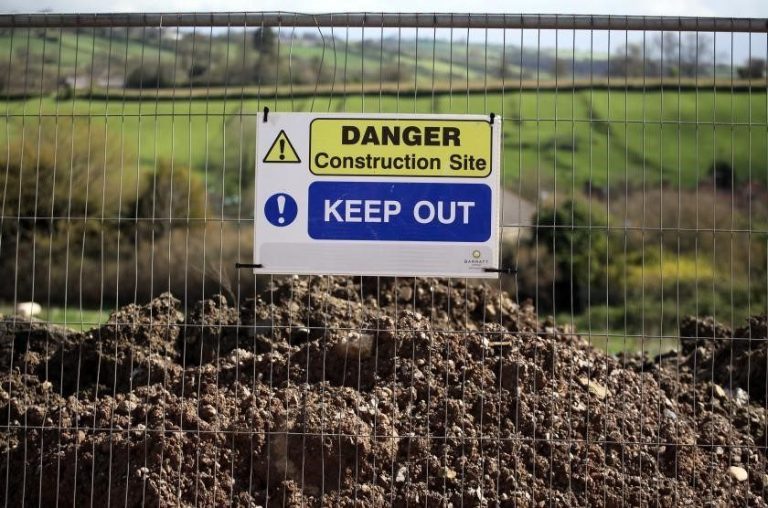Councils find sites for more than five times the number of homes predicted by Government An analysis of Brownfield Land Registers, published today (Monday, 12 February), confirms that there is enough space on brownfield land to build at least one million new homes, with more than two-thirds of these homes deliverable within the next five years. [1] Many of these sites are in areas with a high need for housing. This means that three of the next five years’ worth of Government housing targets could be met through building homes on brownfield land that has already been identified, easing pressures on councils to continue releasing greenfield land unnecessarily and preventing the unnecessary loss of countryside. The Campaign to Protect Rural England (CPRE), which carried out the analysis, found that the 17,656 sites identified by local planning authorities, covering over 31,133 hectares of land, would provide enough land for a minimum of 1,052,124 homes – this could rise to over 1.1 million once all registers are published, confirming CPRE’s previous estimates. Most brownfield land is within urban areas that already have infrastructure, and where there is a higher demand for housing. The areas of England identified as having the highest number of potential “deliverable” homes include London, the North West and the South East with the new registers giving minimum housing estimates of 267,859, 160,785 and 132,263 respectively. Rebecca Pullinger, Planning Campaigner at the Campaign to Protect Rural England said: “It’s fantastic news that local authorities have identified so many sites on brownfield land that are ready and waiting to be developed – and shown how wide of the mark the Government’s estimates of brownfield capacity have been. Contrary to what the Government, and other commentators have said, brownfield sites are also available in areas with high housing pressure. Indeed, our analysis is conservative with its estimates of potential number of homes that could be built – the figure could much higher if density is increased and if more registers looked at small sites. “The Government needs to get on with amending its guidance to make sure that councils identified all the available brownfield sites in their areas. They then need to improve incentives to build on these sites and ensure that they follow through on their commitment that all that new-builds should be on brownfield first.” The registers have found sites for well over 400,000 homes that have not yet come forward for planning permission despite the urgent need to move sites towards development. More than one third of these sites are on publicly owned land. As public authority developments should give a significant opportunity to provide affordable homes, this presents an opportunity for homes built on brownfield land to help towards local need. Further results from the analysis show that there is brownfield capacity wherever there is threat to the Green Belt. In a number of areas that have an extremely high number of sites in the Green Belt proposed for development, particularly in the North West, local authorities have identified enough suitable brownfield land to satisfy up to 12 years’ worth of housing need. In order to make best use of suitable brownfield land, CPRE calls on the Government to take the opportunity presented by the upcoming review of the National Planning Policy Framework (NPPF) to introduce a brownfield first approach to land release and granting planning permissions for development. Local authorities must be empowered to refuse planning permission for greenfield sites where there are suitable alternatives on brownfield land.







